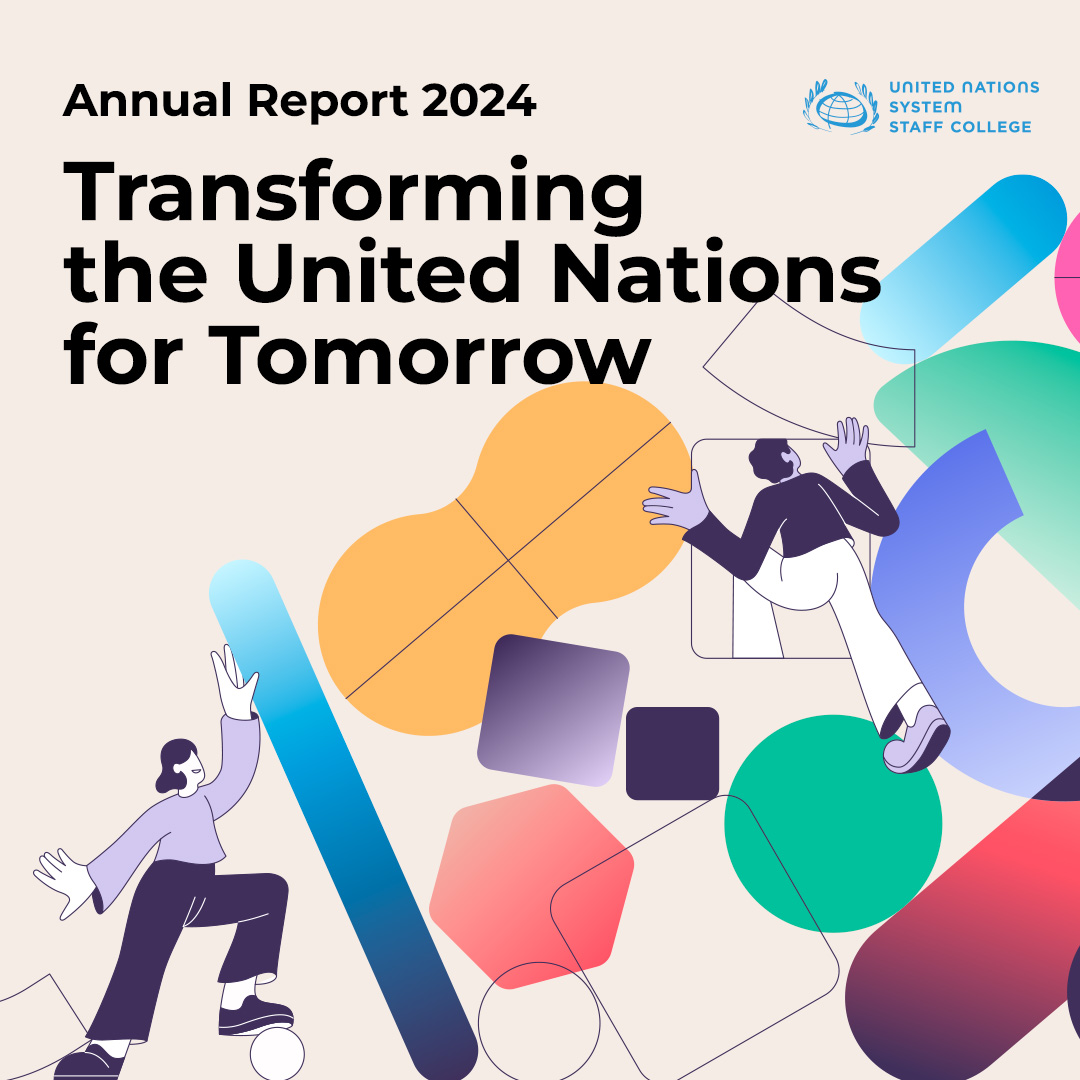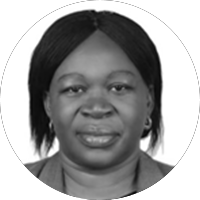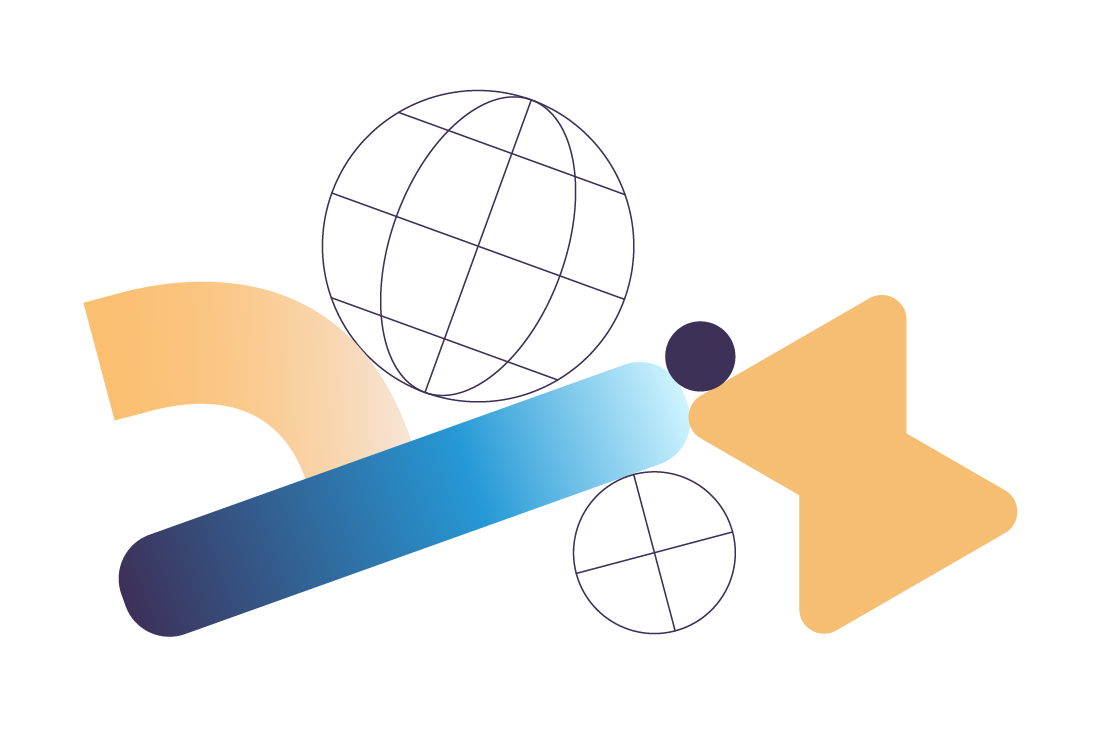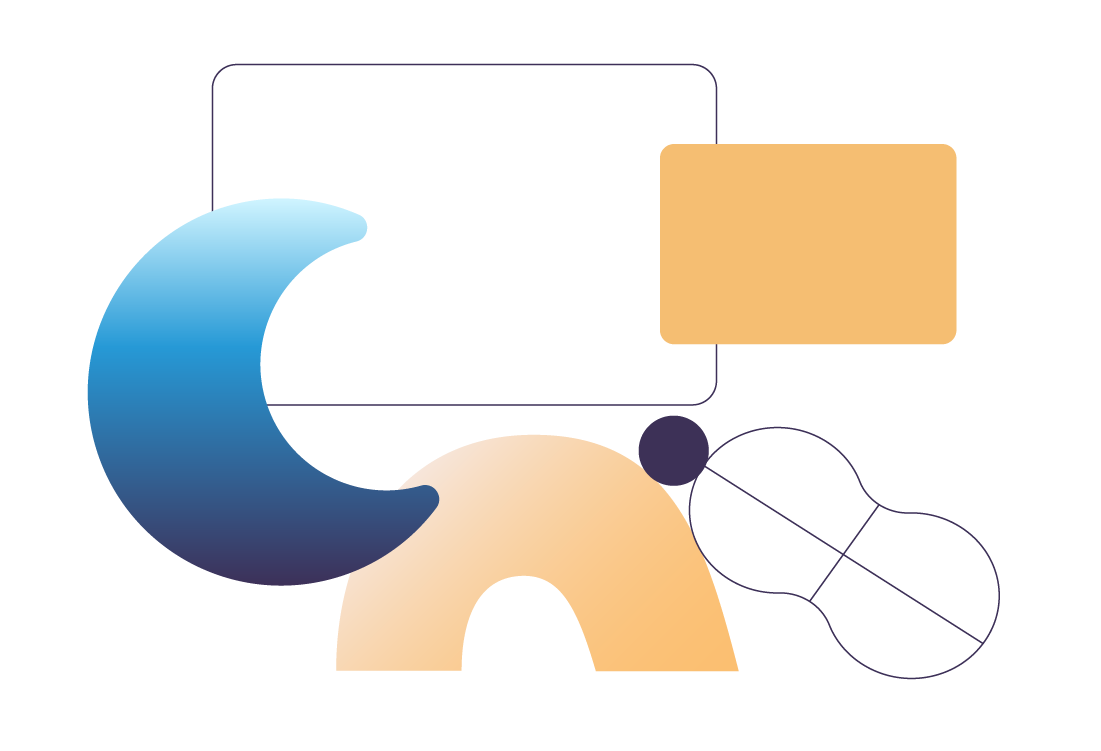


Senior women leaders in the United Nations need dedicated learning and training programmes to enhance their leadership skills, foster empowerment, and navigate the unique challenges they face in promoting gender equality and transformational change within the organization. In 2024, 161 participants completed our flagship programme, Leadership, Women and the UN, for leaders at the P4-P5 levels. The core aim of the programme is to foster an alignment between leadership values and aspirations, while promoting a culture of gender equality, empowerment, and transformation in line with UN 2.0.
The curriculum is comprehensive and dynamic, featuring interactive learning methods alongside input from expert faculty and coaches. Participants developed enhanced self-awareness and aligned their leadership efforts with their aspirations. They thoughtfully adopted various leadership approaches in their daily practices to better manage the challenges and opportunities women face in leadership roles.
Additionally, participants demonstrated strengthened skills in effective communication, negotiation, and influencing in transformative leadership to unlock their potential and that of their teams.
Ninety-five per cent of participants said they would recommend the programme to a colleague, and it received an average rating of 5.5 out of 6 for relevance and practicality. In the spirit of collective learning, the programme nurtures and convenes a vibrant global alumni community of over 1,000 women leaders.


Team Lead, Nutrition and Food Safety, WHO
“Overall, the programme has been a pivotal experience in my career. It has equipped me with enhanced leadership skills, more vital self-awareness, and a clear path for future development. My experience has been nothing short of transformative. This programme has provided invaluable insights and tools. I am deeply grateful for the opportunity, and I look forward to continuing to apply the skills and insights I have gained in my professional journey. Thank you to the wonderful team.”
A human rights-based approach, along with a focus on gender equality and women's empowerment, is essential for UN personnel as it ensures that development initiatives are designed in an inclusive manner, respectful of the rights of all individuals. By prioritizing these principles, UN personnel can effectively address disparities, empower marginalized groups, and contribute to sustainable development that leaves no one behind.
Collaboratively developed with UN Women, the United Nations International Children's Emergency Fund (UNICEF), the Office of the High Commissioner for Human Rights (OHCHR), the International Labour Organization (ILO), and the Executive Office of the Secretary-General, this Human Rights-Based Approach, Gender Equality, and Women’s Empowerment Programme enhances the capacity of UN personnel to incorporate gender and human rights principles into the UN Sustainable Development Cooperation Framework (UNSDCF), the core instrument for providing a coherent, strategic direction for UN development activities by all UN entities at country level.
The programme provided staff with essential tools and considerations for mainstreaming gender equality across UN inter-agency country programmes. This includes the importance of collecting disaggregated data to highlight the situations faced by women and girls and utilizing the UNCT-SWAP Gender Equality Scorecard for reporting. The course features real-world examples of how these methods have been successfully applied in the design and implementation of the UNSDCF in countries such as Albania, Argentina and Zimbabwe.
The programme reached 132 participants from 52 countries, achieving a 99 per cent recommendation rate. It equipped UN personnel with critical tools and practical resources to ensure that development efforts reflect gender equality principles and leave no one behind.

Sexual Health & Reproductive Officer, UNFPA, Paraguay
“This course gives us the tools and contributes to the development of the skills needed to think outside the box, so that it is feasible to incorporate the human rights, gender and “leave no one behind” approach in our work.”
Integrating the WPS agenda and institutionalizing gender-equality approaches within the military sector are crucial to ensuring that women’s priorities, needs, and rights are central to peacekeeping operations. In 2024, UNSSC conducted an in-person training-of-trainers programme on WPS for gender advisers, gender focal points, and selected representatives from the Royal Armed Forces of Morocco, the Republic of Sierra Leone Armed Forces and Gendarmerie, and the Armed Forces of Senegal.
The programme built a pool of skilled facilitators who possess a strong understanding of the WPS agenda. These facilitators are now equipped to share their knowledge about WPS, promote engagement with the agenda, and identify opportunities for its operationalization.
The 16 trained facilitators now act as “multipliers”, disseminating their knowledge and skills to broader audiences, thus strengthening local and regional capacities to implement WPS principles effectively.

Head of Office, UN Women Morocco
“A unique and groundbreaking partnership has been established between UN Women and the Royal Armed Forces of Morocco, exemplifying a shared commitment to advancing the WPS agenda. This programme leveraged the expertise, innovative approach, and adult-learning techniques of UNSSC in delivering a tailor-made solution to reinforce gender equality and appropriation of the WPS agenda within the military sector. Through this partnership, the integration of the WPS agenda component in the army's Gender Equity and Women Empowerment curricula was enhanced and the implementation of the NAP on UNSCR1325 informed/ The two pools of participants trained were fully equipped to fulfill their mission to train and support peacekeeping officers.”
UNSSC is dedicated to advancing gender equality and women’s empowerment through gender-responsive leadership, accountability, and systematic gender mainstreaming in its activities. By implementing initiatives like a “gender equality marker” system and promoting gender parity, UNSSC fosters an enabling culture to meet global commitments and uphold human rights.
Since the introduction of the UN System-wide Action Plan on Gender Equality and the Empowerment of Women in 2012, UNSSC has successfully reported on performance indicators, and it supports the Gender Equality Acceleration Plan. Guided by a comprehensive gender equality strategy and integrated into the Strategic Planning Framework 2023–2030, UNSSC plays a vital role in facilitating learning and knowledge management for gender equality and women’s empowerment globally.
Overall, UNSSC is committed to reinforcing efforts to ensure that women’s rights and empowerment are central to its mission, especially during a time of global backsliding in women’s and girls’ rights.
“The SSAFE+IFAK course was an absolute game-changer for me. As someone with considerable field experience, I thought I had a decent understanding of safety and first aid, but this training took my skills and confidence to an entirely new level. The UNSSC instructors were incredibly knowledgeable, engaging, and supportive, ensuring that every participant gained practical, hands-on experience in handling real-world security challenges and traumatic injuries.”